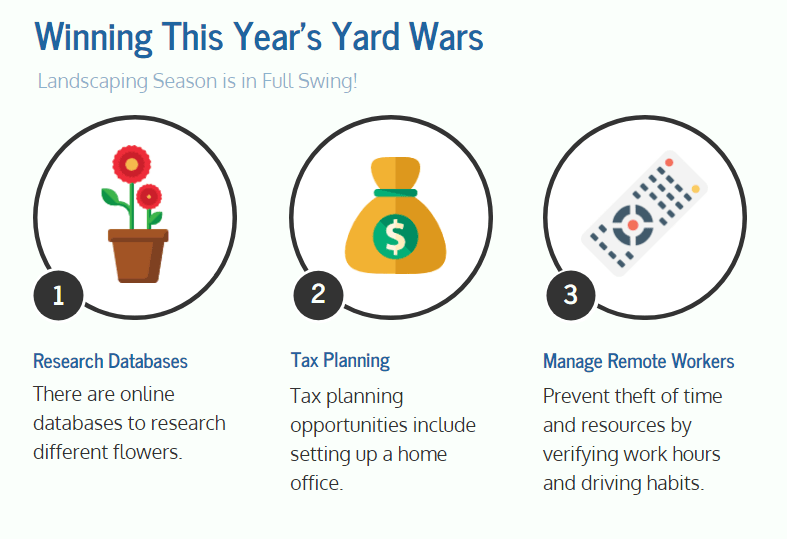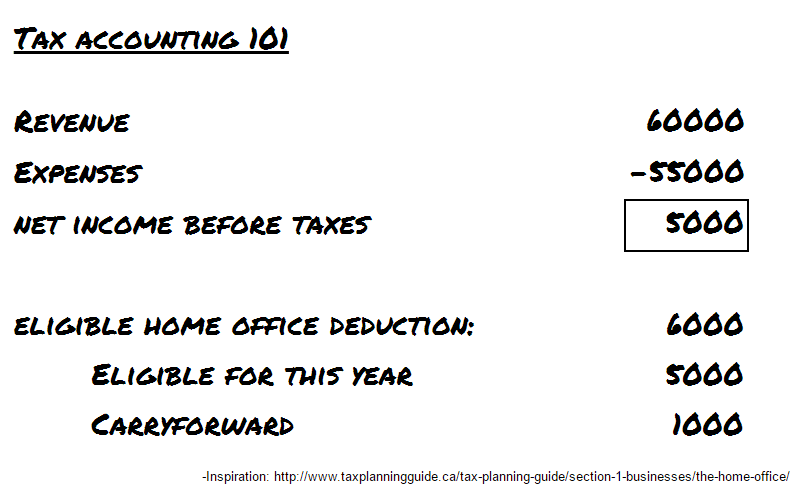Landscaping: 3 Tips to Win This Years Yard Wars
The Yard Wars
A short time ago, on a galaxy close, close to here…
There lived a human with a guilty pleasure. That pleasure is to spy on landscapers..
Yes, that human would be me. One of the perks of living in a condo is not having to worry about yard work. I, however, was always curious when landscapers worked on our property. I curiously watched them plant trees & flowers, re-shape land, and essentially beautify my surroundings.
On the other hand, I get intrigued when my colleagues tell me about their own landscaping. One of my office mates told me that his neighbourhood would compete in a yard war to see who has the best property. It was competitive! They would use rulers to measure the consistency of the lawn and accuse each other of sabotage if they saw someone stepping near their prized property.
With summer right around the corner, landscaping season is in full swing. To win the Yard Wars this year, here are some battle tips for landscaping businesses (or even for DIY homeowners looking to win neighbourhood bragging rights).
Battle 1: Online Databases
Landscapers and homeowners must choose between what type of plants to include. Instead of just relying on neighbours (*and hopefully they are not ill-hearted sabotagers) or friends for advice, there are databases of plants.
An example of a great resource is the St. Johns River Water Management District. Users can research details such as size, growth rate, soil & lighting needs, etc. For example, I thought about the classic “roses are red, violets are blue” line and compared Cherokee roses & Florida violets.
Battle 2: Tax Planning
There are several tax planning opportunities to save money for landscapers. Probably the #1 advice is to use your home as a place for business.
The CRA allows for tax deductions if business is “principally” (more than half of the time) conducted out of a home and if clients consistently visit the home office.
Why is this a great tool? Let’s say Jane sets up a home office for her landscaping business. Jane can then deduct a percentage of her home costs. Think of Jane’s savings for costs such as property tax, utilities, home insurance, and maintenance!
Let’s illustrate an example, inspired by accounting firm Grant Thornton.
Jane’s landscaping business generated $60K of revenue and $55K of expenses. Imagine that Jane set up a home office and spent $6K for home expenses for that office space.
Because Jane set up her home office, she can deduct her tax income from $5K to $0 and still use a $1K carryforward for the following year.
Battle 3: Remote Worker Management
Landscaping businesses often send employees off-site. How do businesses ensure resources are not wasted when there isn’t a manager on-site?
One of these resources is time. Some businesses use timesheets to log work hours. Unfortunately, some businesses are victims of time theft where employees would claim unworked hours. In order to prevent time theft, businesses have turned to systems where time is electronically verified.
Another resource, for landscaping companies with vehicles, is fuel. Similarly to time management, it is difficult to verify driving behaviour on the road. Company resources may be wasted on anything from traffic tickets to unauthorized use. Similar to electronic timekeeping, managers can now pull driver scorecards to measure driving behaviours and usage times.
With these battle tips, may the green be with you in the Yard Wars!
Sources:
The Globe & Mail: How to Turn Your Landscaping into Tax Savings
St Johns River Water Management District: Landscape Database Saves Time, Money & Water
Tax Planning Guide: The Home Office


